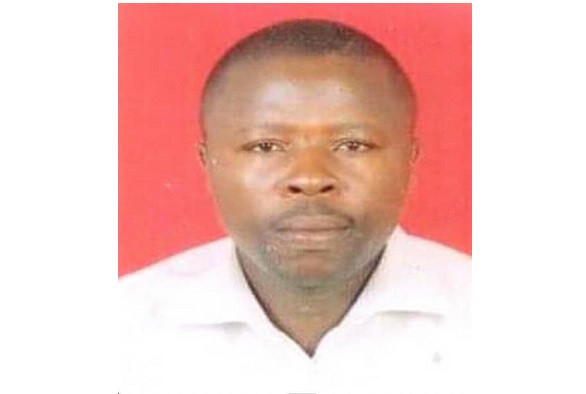Wikipedia defines incest as a human sexual activity between family members or close relatives. This typically includes sexual activity between people in consanguinity, and sometimes those related by affinity, adoption, or lineage.
In Uganda, the general punishment for incest under the Penal Code Act is seven years imprisonment, and there is also imprisonment for life if the girl in question is underage. The knowledge of consanguinity relationships and marriages must be well exposed to our youths across the country, many of whom have been in boarding schools for life and may possess limited knowledge on topics of consanguinity and marriage laws.
While some cultures, including the Bible, bear traces of incestuous practices (for example, in the Bible, Abraham married Sarah, who was his half-sister), among the Bamasaaba, incest enjoys no central place, and its commission attracts very heavy punishments.
Incest is the practice of having sexual relationships, including marriage, with people who are closely tied by blood. The Ugandan constitution is silent on the issue of incest, but since the constitution deals with descriptive and preservative situations rather than punitive measures, more detailed discussions in relation to available punishments for those found in incestuous relationships can be found under the Penal Code Act, particularly in Section 149, which outlines what would amount to an incestuous relationship.
The Marriage Act, under Section 34, outlines grounds that the registrar of marriages can base on to invalidate an impending marriage ceremony, including marriage between kindreds.
Meanwhile, the Penal Code forbids marriage and sex between close relatives within a prohibited degree of kindred, notably mother and son, father and daughter, and sex with paternal and maternal uncles, cousins, and aunties. Such relationships are highly discouraged and heavily punished if they ever occur.
In 2006, in one of the leading cases of incest, the High Court in Uganda stopped and permanently blocked the planned marriage between Juliet Namazzi and Ivan Serunkuma, as they both belonged to the Ndiga (sheep) clan and thus shared the same totem, making them close relatives.
The Bamasaaba employ culture to resolve incestuous marriages. Among the methods employed include open flogging of those involved in the forbidden marriage, and calling on the attention of authorities and ancestors to take charge.
Such marriages are shunned because they bring complications in naming the children. Another reason for rejecting close marriages is anchored on grounds of sharing common genes among the couples. For example, if you share certain genetic complications, these can be passed on to the children they may sire.
In law and culture, children take over the father’s domicile, and the additional complication is the sisters of the wife calling you brother-in-law (mulamu) instead of brother.
Police reports indicate an increment of incestuous practices in various Ugandan communities. The Inzuyamasaba leadership is determined to work closely with enforcement agencies and elders to ensure that such vice is eradicated from our community.
Continuous sensitization of our community on the available statutory punishments for the vice through media platforms, such as the Ankole Times, will be continuous, including outlining the various statutory and cultural punishments in place for the vice in Masaabaland, Busoga, Bugwere, Buganda, and Acholi, among others. This should be a continuous exercise.
Many are settling in town and might quickly forget such core knowledge on relationships. Incest has no place in Ugandan laws, no space in the Bible, and our Ugandan customs. For example, among the Bakiga, if you are from the Bazigaba clan, which covers present-day Districts of Kabale, Rukiga, Kanungu, and Rukungiri, you don’t marry them since they are your blood relations.
The Bamasaaba, during circumcision ceremonies, outline to those facing the knife some basic information on whom to marry and not to marry. The following should not be married or have sex with:
- Your mother
- Your sister
- Your aunts (both paternal and maternal)
- Your cousins
The list goes on, detailing all relatives whom one should not marry.
Steven Masiga is a researcher, an administrator and the spokesperson of InzuYamasaaba.
Do you have a story or an opinion to share? Email us on: dailyexpressug@gmail.com Or follow the Daily Express on X Platform or WhatsApp for the latest updates.

